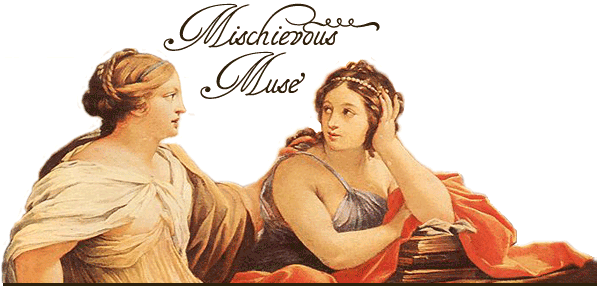Musings on a Monday
I must admit, I was entirely too general in my rash remark about how the eighteenth century is a literary abyss. I was mainly reflecting on how bored I was making sites of the journalists and moralists of the period. As Mark pointed out, there is delightful poetry in that century as well, and some gems if one takes the time to sift.
Today I'm working on the poet William Cowper, whom I cannot say I had ever read before. He's got a vibrant voice, an original and lively way of seeing and describing, and thus I'm quite enjoying the work. Here's one I liked:

Nightingale. Herb Fogler Photography.
The Complete Poetical Works of William Cowper. H. S. Milford, ed.
London: Henry Frowde, 1905. 301-2.
Today I'm working on the poet William Cowper, whom I cannot say I had ever read before. He's got a vibrant voice, an original and lively way of seeing and describing, and thus I'm quite enjoying the work. Here's one I liked:

Nightingale. Herb Fogler Photography.
THE NIGHTINGALE AND GLOW-WORM by William Cowper A NIGHTINGALE, that all day long Hath cheer'd the village with his song, Nor yet at eve his note suspended, Nor yet when eventide was ended, Began to feel, as well he might, The keen demands of appetite; When, looking eagerly around, He spied far off, upon the ground, A something shining in the dark, And knew the glow-worm by his spark; So, stooping down from hawthorn top, He thought to put him in his crop. The worm, aware of his intent, Harangu'd him thus, right eloquent— Did you admire my lamp, quoth he, As much as I your minstrelsy, You would abhor to do me wrong, As much as I to spoil your song; For 'twas the self-same pow'r divine Taught you to sing, and me to shine; That you with music, I with light, Might beautify and cheer the night. The songster heard his short oration, And, warbling out his approbation, Releas'd him, as my story tells, And found a supper somewhere else. Hence jarring sectaries may learn Their real int'rest to discern; That brother should not war with brother, And worry and devour each other; But sing and shine by sweet consent, Till life's poor transient night is spent, Respecting in each other's case The gifts of nature and of grace. Those Christians best deserve the name, Who studiously make peace their aim; Peace, both the duty and the prize Of him that creeps and him that flies. |
The Complete Poetical Works of William Cowper. H. S. Milford, ed.
London: Henry Frowde, 1905. 301-2.
Labels: poetry





3 Comments:
I have not heard of W. Cowper, either. But I like this poem of his. I like the notion that all creatures, bearing the same holy spirit within themselves are therefore brothers. Too bad that for survival a bird still has to eat worms and cows must eat grass -so I guess it must be part of the order and according to the wish of the Creator.
So true - my conscience would have me be a vegetarian, except I really don't like vegetables. And, I admit, I do love a good steak now and then.
I also know people who do not eat meat on the grounds that they refrain from consuming anything that has a soul.
But I don't think loving God in its creatures should lead to vegetarianism. Plants might have souls, too. So plants are our brothers, too.
What I wanted to say is that we just as well should eat our brothers, cause otherwise there would be NOTHING left to eat....
Post a Comment
<< Home